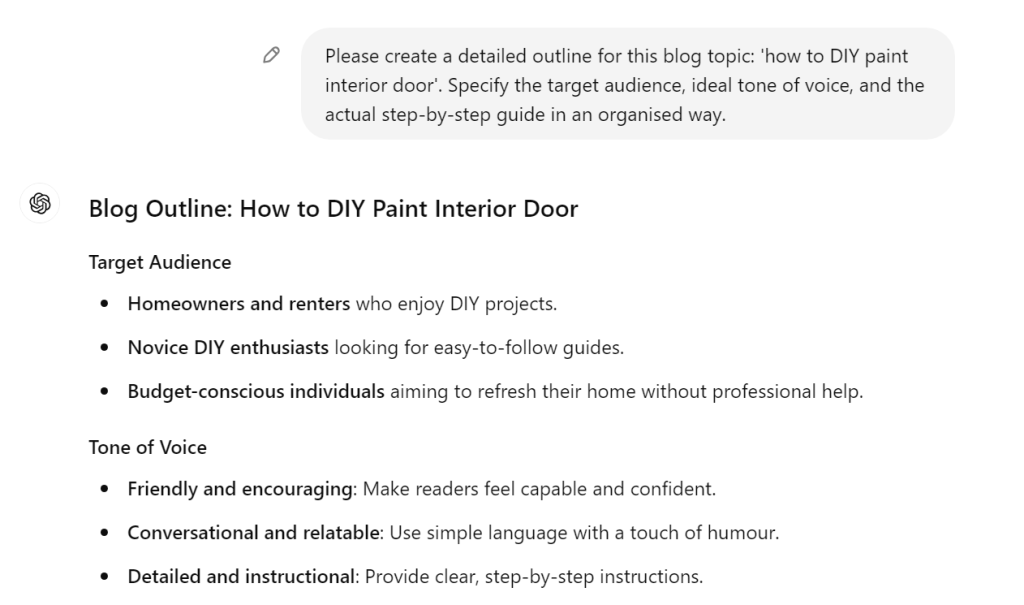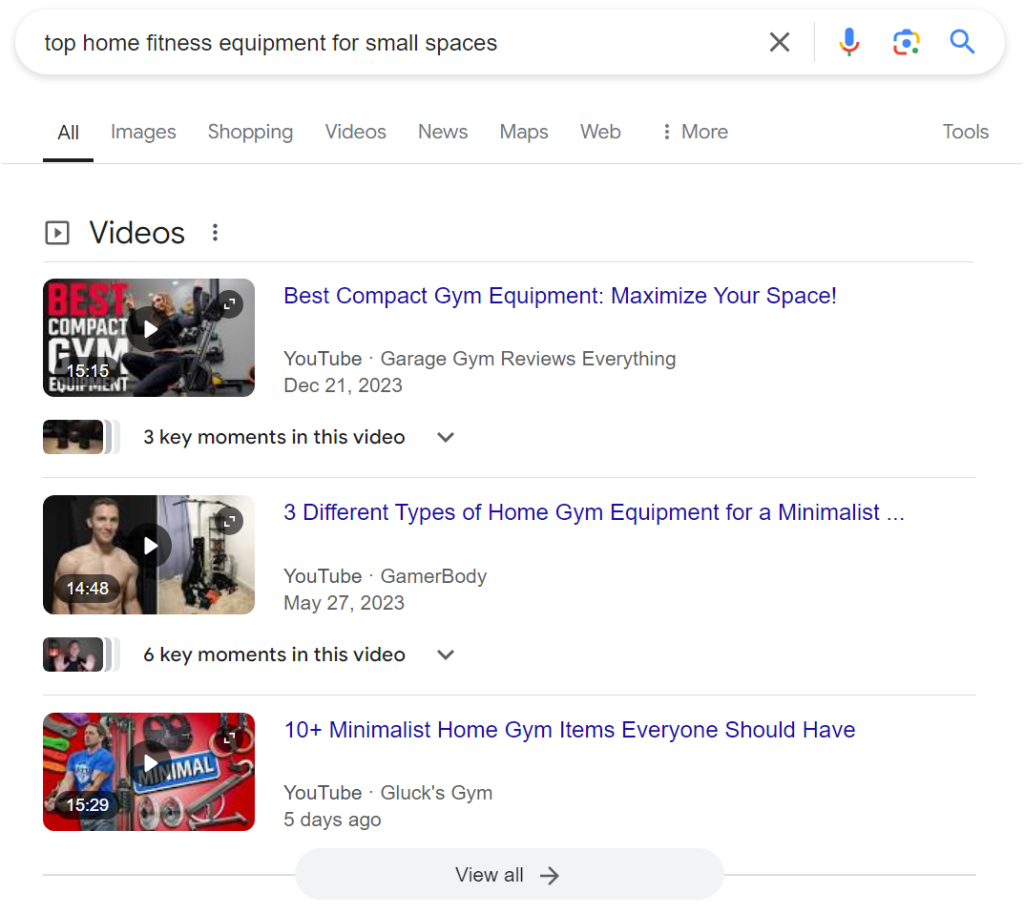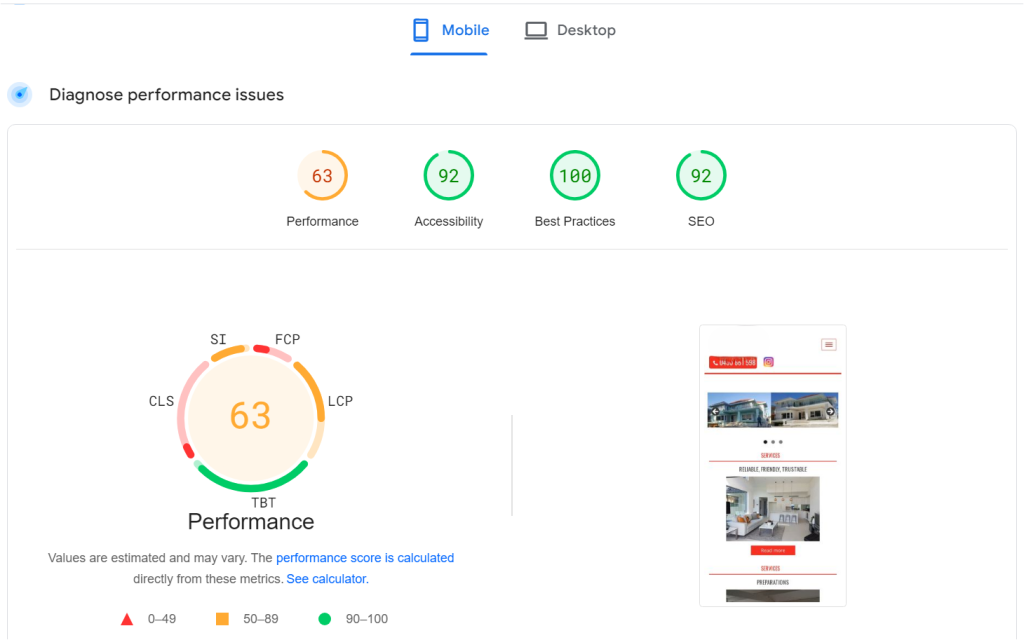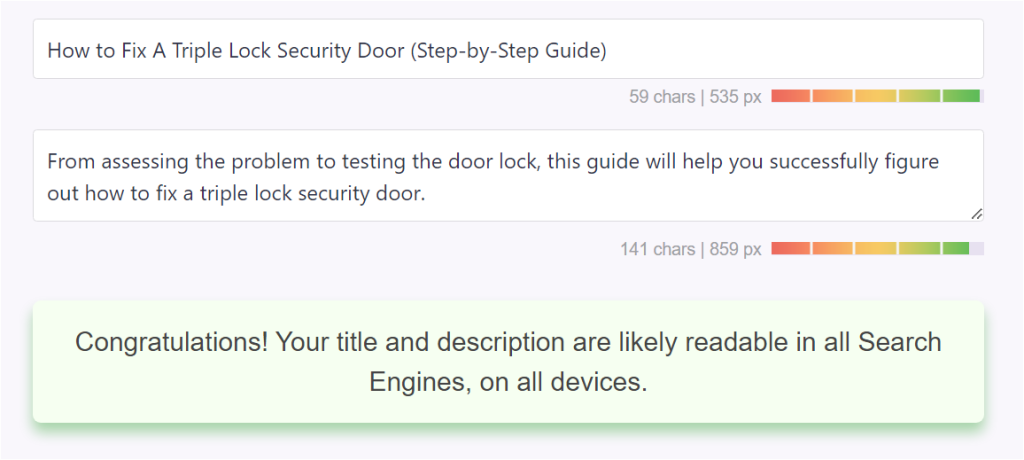Search engine optimisation (SEO) has been around for almost 30 years.
Fast forward to 2024, SEO remains to be one of the most preferred digital marketing strategies that continue to benefit businesses big and small in their online campaigns. But for consistent growth results, both businesses and search marketing experts need to keep pace with the latest trends in SEO. This is in order to NOT make your digital campaign any less profitable and effective than it should be.
Here, let’s explore the latest SEO trends projected to make a big impact in the way marketers approach organic search advertising in 2024 and beyond.


Amid the rise of other digital marketing channels and strategies, is search engine optimisation still relevant?
The answer is a resounding yes!
It will continue to evolve with newer SEO tactics that are in line with current trends and user behaviour changes in the vast digital landscape.
SEO remains kicking and essentially not dead in 2024.
From the meteoric rise of AI and machine learning to the surge of high-intent keywords, here are top 10 trends to watch out for in SEO in 2024.
| SEO Trends | Description | Action/Strategy |
| AI-Generated Content | The rise of AI tools like ChatGPT has revolutionized content creation, making it faster but prone to producing generic, low-value content. | Leverage AI tools for speed, but add human expertise for high-quality, unique content. Use AI to assist with outlines and drafts, then refine with original insights. |
| High-Quality Content Creation | Human-written content remains critical, especially to counter the limitations of AI-generated material. | Focus on creating content that is original, authoritative, user-friendly, and error-free. Address search intent with relevant, well-researched information. |
| Topical Authority | Google prioritises websites that demonstrate expertise, authority, and trustworthiness (E-E-A-T). | Build authority by creating in-depth content on a core topic, using keyword research, topic clusters, and internal linking. |
| Voice & Visual Search | Increasing reliance on voice and visual searches like Google Lens for quick information retrieval. | Optimise for traditional SEO to also rank in voice search. Ensure images are mobile-friendly, with optimized file names and alt texts for visual search. |
| Video SEO | Video content has a strong impact on convincing users to make purchasing decisions. | Create videos and optimise them using keyword research for YouTube and other platforms. Incorporate them in your written content for better engagement and SEO. |
| Author & Publisher Credibility | Google is giving more weight to websites with credible authors who demonstrate proven knowledge and expertise in their fields. | Create author pages, encourage guest blogging, and collaborate with industry experts. |
| Content Refreshing & Updating | Google prefers updated content that reflects the most current information and user intent. | Regularly update your content with new information and refresh old articles to maintain SEO rankings. |
| Mobile Responsiveness | Mobile-first indexing is essential since most users browse the web via mobile devices. | Audit your site for mobile-friendliness using tools like Google Search Console and optimise page speed, content layout, and meta descriptions for mobile. |
| Commercial & Transactional Keywords | Google is shifting focus towards commercial and transactional intent keywords, which indicate higher buying intent. | Optimise website pages targeting high-conversion commercial and transactional keywords, adjusting existing content to focus on intent-driven searches. |
| Google Search Generative Experience (SGE) | SGE uses AI to generate detailed answers, snippets, and visuals, but still drives traffic to external sites. | Create in-depth, valuable content that encourages click-throughs from SGE-generated answers. Continue focusing on authority and onsite SEO practices. |
Since the launch of ChatGPT in November 2022 and other AI writing tools that followed suit, millions of users have taken advantage of their groundbreaking convenience.
These tools tremendously speed up content creation and make employing human writers almost needless.
But as you may already know, there’s a big catch here.
With more and more businesses and marketers relying on AI for content creation, that also means human users are being fed the same type of generic, unoriginal content that provides no real or additional value.
Not to mention AI writing assistants make mistakes.
Still, there’s no denying what AI tools can do for businesses and human writers alike.
So instead of altogether avoiding AI use or completely relying on it for generating SEO content, the trick is to leverage tools like ChatGPT with a human touch.
That is, use highly specific prompts to train the AI into crafting content that’s not overly generic. You can start by asking your AI assistant to create a detailed outline for your blog.
As the human specialist, your role is to key in a clear prompt that the AI will base its response from. For instance:

The only way to counter and beat AI content is to create high-quality content written by a human expert.
Flesh-and-blood writers remain irreplaceable even in the threat of AI takeover.
The latter does not have intuition and cannot provide real-life experiences of which only humans are capable.
Create content that ticks all the boxes of what constitutes ‘high-quality’:
What makes a website stand out as a reliable source of information in its industry? Topical authority is key.
It’s a killer combo of Experience, Expertise, Authoritativeness, and Trustworthiness, or Google’s E-E-A-T framework for content quality assessment.
The goal of search engines has always been to provide users with the most relevant and reliable information. This makes it critical for businesses with a web presence to consistently produce high-quality, accurate, comprehensive, and authoritative content.
This 2024, there’s no room for low-quality content in any search engine results pages.
Here’s how you can establish your topical authority:
Keyword Research: More than search terms, look for topics to write about, with the main topic being the industry or niche you belong to.
Topic Clusters: Also called content clusters, these organise content into a main topic (pillar page) with related subtopics (cluster pages).
For example, for your pillar page ‘home renovation,’ some of your cluster topics would be:
Comprehensive Writing: Create in-depth pieces of content that cover all relevant subtopics your target audience will be interested in reading as well.
Prioritise main pages and subcategories that are equally relevant, and which you wish to establish solid authority and expertise on.
Link Building: While creating authoritative content already suffices, you can still give your off-page SEO efforts a boost by acquiring backlinks.
PRO TIP: Internal linking is a best on-page SEO practice that’s worth prioritising. It helps guide both users and bots toward related and relevant pages, further establishing your topical authority.
When users are preoccupied and can’t use their hands to type, the Voice Search feature with Google assistants like Siri and Alexa does the job well.
If you’re wondering how to secure top positions for voice search, you simply need to rank for traditional SEO search.
Visual Search through Google Lens is another SEO trend for 2024 to keep an eye on.
With it, users can upload an image of an object or animal they’re unfamiliar with. Google will then do its magic and provide more information about it.
In order to rank high for visual SEO, first and foremost, your website needs to be mobile-friendly. It’s for the simple fact that visual searches are done via mobile.
Google ranks websites that are mobile-friendly and prioritise having great user experience. Increase your SEO ranking potential by optimising image file names alongside their alt text descriptions.
The convincing power of a well-made video for businesses selling a product or service cannot be denied.
Billions of people watch videos every year, and Wyzowl’s 2024 marketing report shows that 82% of people said they were convinced to buy a product after watching a video.

Rightfully so, digital marketers are prompted to include video content in their SEO strategy to rank in search results.
So should you start leveraging video marketing if you haven’t yet? Definitely, but not without a solid strategy in place.
Before posting it on YouTube and/or as visual media accompaniment to your written content, first conduct keyword research targeting popular YouTube search terms.
You can target them in your title, main description, and tags for optimal results.
In the May 2024 Google leak, it’s found that the world’s biggest search engine does store data about publisher and author entities.
This may very well mean that Google is giving more importance to and are more likely to rank websites with credible authors. Meaning those with proven knowledge and expertise in a specific field.
Remember that authoritativeness, or a website’s credibility when it comes to providing information, is one of the influencing factors Google uses to gauge content quality and relevancy.
In order to enhance your site credibility, you can:
Search engines like Google DON’T like outdated content.
Rightfully, they favour articles that are up-to-date and provide real value for users reading about them.
This makes it highly necessary to update your content to maintain your search engine rankings and content relevancy.
For example, immigration policies or visa regulations in Australia constantly update.
Your migration law firm may have written a piece about a visa that is now permanently closed for new applications.
Failing to refresh your content based on this recent development may give your website a bad impression, as users rely on updated information to guide their decision-making.
However, content refreshing goes beyond simply adding updated info on an old piece or blog.
Aim to continuously satisfy user intent and other off-page and on-page SEO best practices.
Since 2016, Google has implemented a mobile-first indexing approach to gauge every website’s technical SEO performance.
Because while websites have been programmed for desktop use/users, statistics show that nearly 96% of people browse the internet through a mobile device.
As such, it’s more important than ever to prioritise your mobile pages and check for technical errors, pagespeed, and content issues.

Making your site both mobile-friendly and -responsive has always been the way to go.
Use Google Search Console to run audits on Core Web Vitals and see whether you’re satisfying Google’s key guidelines on best practices for mobile responsiveness.
PRO TIP: Use Rank Math’s meta tag analyzer to write your page title and meta description. Here you’ll know that the standard 150-160 character limit for meta descriptions is not ideal for mobile due to smaller screen size. The tool measures pixels rather than characters to ensure your meta tags will fit on both devices without being cut short.

Search intent is the reason behind every user query. There are four main search intent categories, namely:
According to a study, the commercial and transactional keyword groups are increasing. Their informational and navigational counterparts meanwhile are experiencing a downward trend.
This means Google is balancing the SERP with more focus on high-intent keywords, essentially diverting from purely informational search results.
With this SEO trend of 2024, you need to adjust your current content strategy.
For one, optimise your existing website pages targeting these high-converting and hyper relevant keywords.
Finally, SGE is Google’s AI-powered conversational assistant.
When you enter a query, it will provide an answer generated by AI with accompanying visuals.
Its human-like answers derive from existing content on the web and provide links to these sources.
Now you’re probably wondering that with its advent, it’s going to take away traffic from actual websites investing lots of time and money for content creation.
But SGE only provides featured snippets, additional prompts, and visuals to search queries. It still encourages users to click on the sources it is linking to for more information.
Think: actual product reviews, in-depth guides, expert roundups, etc. These and more are the types of content that generate click-throughs. Besides, Google still displays traditional results in the SERP.
So worry not and shift your focus on maintaining relevancy and authority in your content, as well as following onsite SEO elements.
Trends come and go. To keep pace with these frequent fluctuations in the digital marketing space, partner with an experienced search advertising agency that can help you stay ahead with complex algorithm changes and the future of SEO.
SEO only works with the right approach. Entrust your business growth goals only with a team of SEO professionals who deliver real results.
Get in touch with us for a no-obligation strategy session and a FREE site audit!
Working with a trusted full service digital marketing agency Australia has to give can help you hit your two main targets: getting your business found online and increasing your profitability.
Get in touch with us. We’ll tell you how it’s done.



